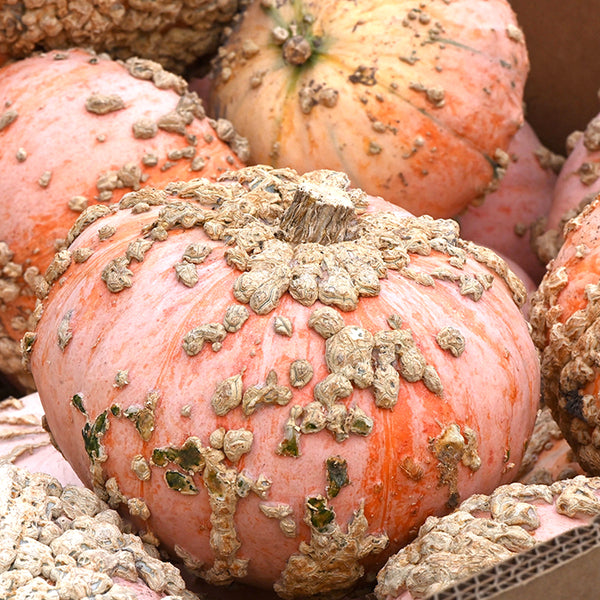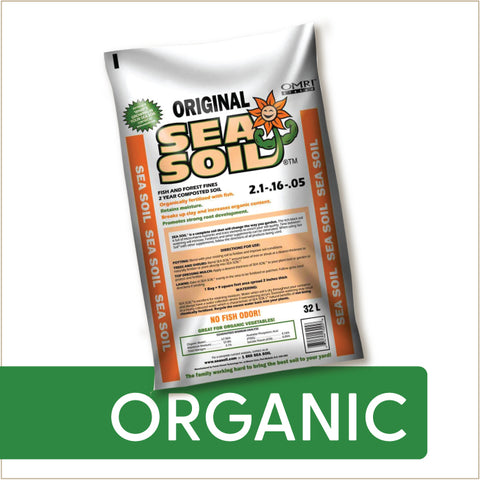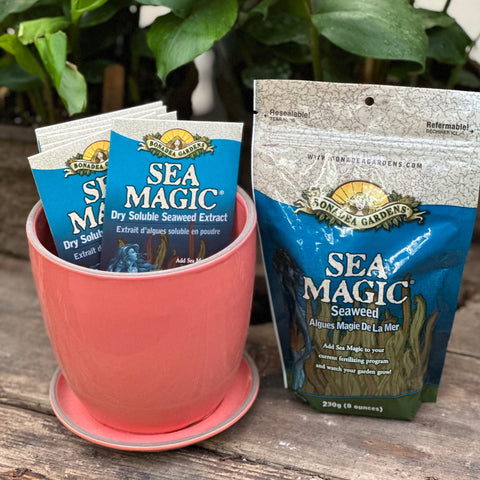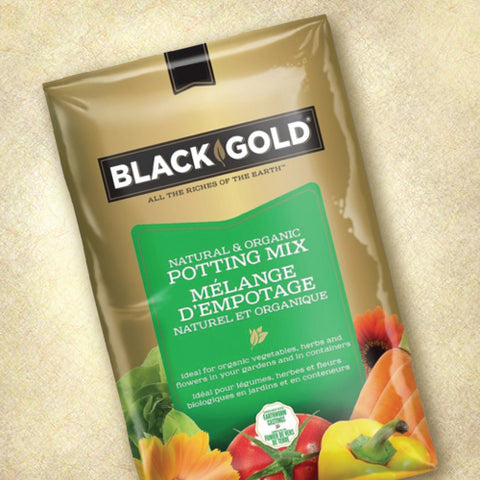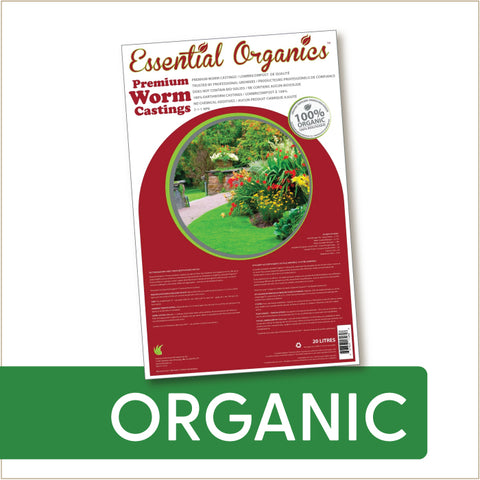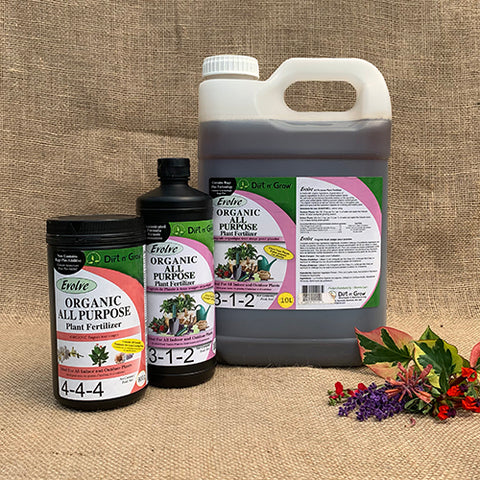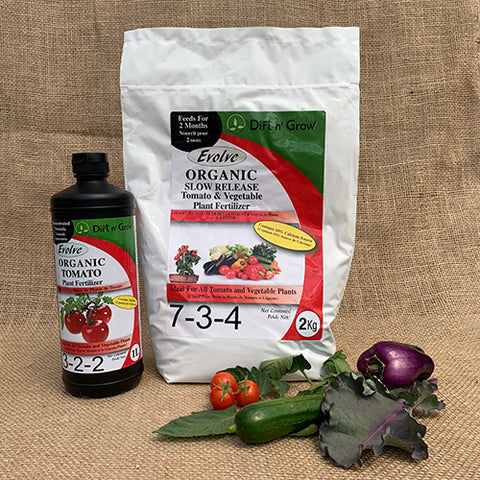Squash (Winter), Peanut (Galeux D'Eysines) (Organically Grown Seeds)
$4.79
This item may be out of season or currently out of stock. Please check back.
Description: A pink-skinned French heirloom from the 1800's that lends a most unusual element to the garden: warty fruits have peanut-like protrusions. Enjoy it freshly baked or added to soups and stews. Prolific!
Organically Grown/ Heirloom/ Open Pollinated/ Non-GMO
Pack Size: 12 seeds
Latin Name: Cucurbita maxima
Alternative Names: Galeux D'Eysines
Main Uses: Vegetable
Days to Maturity: 105 days
Exposure: Full sun
Seed Source: Organically grown
Germination: 5 - 10 days at 21ºC.
Indoors: Winter squash do best when started indoors in short-season climates. When starting indoors, sow directly into a minimum 7.5 cm (3") pot and use containers that are biodegradable and can be planted into the soil outdoors. Bottom heat will encourage strong root development for winter squash seedlings and is recommended. Sow indoors 3 - 4 weeks before the average last frost date but not earlier - squash of all types become unruly and fragile if kept indoors for too long!
We recommend applying a kelp supplement such as Sea Magic starting at the time of sowing, then weekly through the growing season. A transplant fertilizer such as Evolve Seedling starter can be alternated with the kelp on a bi-weekly basis once the second set of true leaves have emerged.
Planting depth: 2.25 cm (1")
Spacing: Sow 3 seeds per 7.5 cm (3") pot, then thin to the strongest seedling before transplanting to the garden.
Outdoors: Direct seeding outdoors is not recommended for winter squash in short season climates.
Planting Out: Established seedlings can be planted in the garden approximately two weeks after the average last frost date, once soil temperatures have reached 18 - 20ºC.
Harden off by gradually setting seedlings outside for a couple of hours in a protected spot the first day and then increasing the time and exposure to elements each day thereafter for a period of about 6 - 10 days.
Growing in Containers: Not suited to containers.
Fertilizing (Garden): Winter squash are heavy feeders and thrive in rich soil. Amend your soil with quality compost ahead of planting. We recommend Sea Soil. Applying a kelp supplement on a weekly basis will reduce drought stress, and is a good addition to bi-weekly feeding with an organic veggie fertilizer such as Evolve Tomato 3-2-2. Winter squash produce better fruits over a longer period if they are fed regularly.
Watering (Garden): Water young plants regularly to establish, then water deeply about once per week. Like many vegetables, the quality of squash fruit is impacted by consistency of watering - avoid peaks and valleys in soil moisture. Mulching the soil around winter squash will reduce watering requirements considerably. As a last tip: water winter squash at the base, to avoid getting moisture on the leaves (these are prone to fungal diseases, and can also sun-scald).
Harvesting: Harvest when they have coloured up well and their stems are crisp.
Suitability for Indoors: Not suited for indoors.

